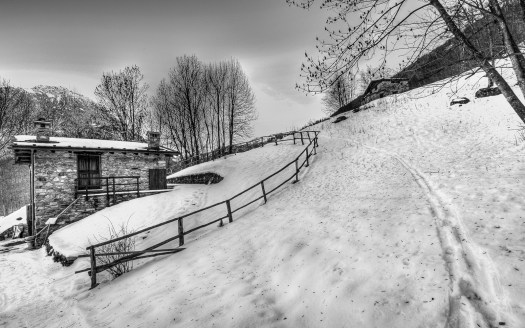
Sundays are for worship and napping. And taking a little tour of our herb garden where Miska guides me (again, because I always forget the particulars) through the holy basil, the mullein, the daffodils, the lavender, the oregano. She shakes the poppy plants, and we grin at the sound of rattling seeds, nature’s maracas. She coaxes me to touch the velvety carpet of the roman camomile, a bed fit for a queen.
Juno, our black mouser, flops over at Miska’s feet, insisting Miska scratch him while he purrs, swatting at Miska if she stops before Juno deems appropriate. Miska does as Juno demands; then she reaches her fingers into the rich soil, a gesture of wonder and delight and prayer.
Watching her, I envision the Great Creator, at the beginning of human time – and still now – reaching hands down into the soil of this world and taking great, great joy in all the beauty. Our worship with the gathered community, with the liturgy and the Scriptures and the Eucharist, centers us, and having done its work, it sends us, dispersed into our scattered, holy places. And in a hundred ordinary corners, the worship and the liturgy continues. For us, it carries us into gardens and naps and later into an evening with friends. We must worship, and we must indulge in God’s good earth, and we must rest. This is a feast. These are our liturgies. It is all of a whole: one life, one God, one grand and beautiful day.


